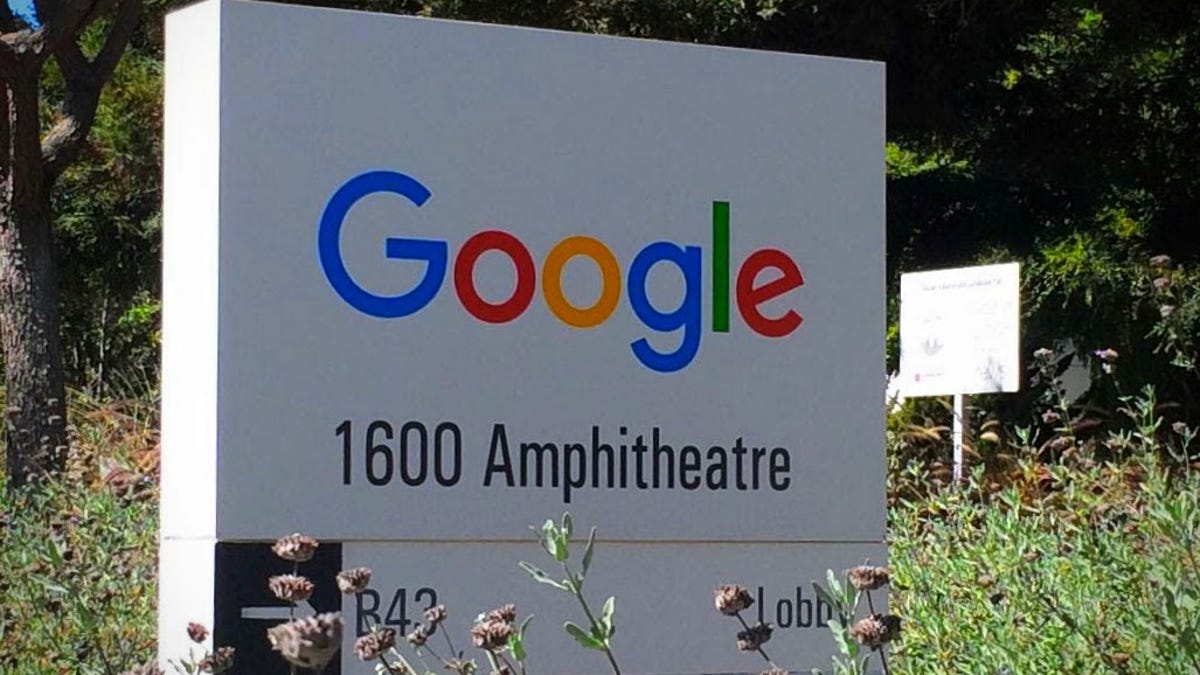Google to EU: You're trying to wreck Android's openness
In a response to a European Commission complaint, Google says it fears upsetting the "fragile" balance of Android.

Google finally hits back against a European Commission complaint issued in April.
Google has never been one to take things lying down, and its fight with the European Union is no different.
On Thursday, the company defended its practice of bundling a suite of its own apps on all phones running on its Android software. That follows from a European Commission antitrust complaint alleging that the practice hurts the chances of alternative apps and services, a charge the company dismisses.
Google filed its response to the complaint Thursday, and Kent Walker, senior vice president and general counsel, highlighted in a blog post the difficulties of maintaining the "fragile," open ecosystem of apps that has always been at the heart of Android software.
"The Commission's approach would upset this balance, and send an unintended signal favouring closed over open platforms," said Walker. "It would mean less innovation, less choice, less competition, and higher prices."
Google and the European Commission have been at loggerheads on and off for years over various competition issues, and this latest complaint dates back to April. The Commission is concerned that consumers will automatically use Google's built-in apps, rather than exploring other options that might be better-suited for them. Google argues that Android's openness actually means more choice for consumers and that alternative apps can be easily downloaded.
The Mountain View, California, search giant also argues that the bundling of services and the minimum requirements it issues to phone manufacturers helps stave off fragmentation, which is a top complaint of consumers and developers.
"A fragmented ecosystem creates a virtual free-for-all which costs developers time and money, limits innovation and poses a threat to user privacy and security," said Ian Rumac, a developer with Superpopcorn, in a post on Medium on Thursday.
From the outside it might look like a case of fusty European regulation trying to stunt progressive Silicon Valley innovation, but the commission's pursuit of Google is ultimately based on leveling the playing field. It wants to ensure that Google's rivals -- which are mainly other US-based companies -- have the same opportunities to make headway in the region.
"The Commission can confirm that it has today received Google's reply to the Commission's Statement of Objections on its Android operating system and applications," said the commission's spokesman for competition, Ricardo Cardoso, in response to Google's filing.
"As is standard practice, we will carefully consider Google's response before taking any decision on how to proceed and cannot at this stage prejudge the final outcome of the investigation," he added.
There is no set time frame for how long the Commission will take to respond or how long it will take before the complaint reaches a conclusion. Previous antitrust cases have continued for years with back and forth between both sides.
If the Commission ultimately decides that the bundling of Google apps with Android is unfair, the company could find itself dealing with a multibillion-dollar fine. It would take months, possibly years to get to that, though. And based on past behavior, Google is likely to fight the complaint to the bitter end.

